Dowry is a common practice all over India. Throughout many generations Dowry in marriages has existed as a ritual. The condition of women has always been affected because of dowry. In parental home, a girl is always treated as a ‘parayadhan’ and so, not much importance is given to her wellbeing. A girl is taught since her very childhood that all she needs to learn is household work because it will fetch her good name and love of her husband and in-laws and her primary duty is to serve to them. Therefore, the girl after she is married always focuses on pleasing her husband and in-laws despite of all adverse circumstances. It is a well-known fact that want of dowry is not a one-time event. The want continues even after the marriage and if the demands of desired dowry are not fulfilled, the woman is subjected to unspeakable cruelty (mental and physical).
The Dowry Prohibition Act, 1961 had banned giving and taking of Dowry long back but despite of being a prohibitory act, it was practiced openly for many years. There are various reasons for such blatant denial to abide by the existing laws. Greed for wealth and maintenance of social status are some of the strongest reasons for the persistence of dowry practice. In many parts of India, it is believed that a marriage cannot take place if there is no dowry involved. Concept of Dowry is different from that of Dower in Islamic law and both should not be considered similar.
Dowry is one of the primary reasons of domestic abuse or cruelty against women. Legislators from time to time enacted strict laws to curb this menace. Section 498-A IPC and Section 304 –B IPC are some of the primary laws governing the crime of dowry.
Most women in today’s society are educated and independent and are well versed with their rights. There are certain women who in order to fulfill their malicious agenda misuse her rights and falsely accuse their husbands and in-laws. Such women file false report under section 498 –A IPC and The Dowry Prohibition act, 1961 only to extract a heavy sum of alimony through Divorce process. Though it is all upon the discretion of the court hearing the case, but the simple thought to file false cases against their family members in it-self is a grave offence. The Supreme Court has acknowledged many such cases such as Arnesh Kumar v. State of Bihar, Preeti Gupta v. State of Jharkhand, Sushil Kumar v. Union of India etc. Many lives have been ruined because of such false charges against husbands to the extent that many men have committed suicide. The Supreme Court has also used the term ‘Legal Terrorism’ to describe the issue.
This book will discuss concepts like meaning of dowry, evolution of dowry, laws relating to dowry, cruelty against men, and misuse of anti-dowry laws. Also, what remedy does a man have in case he is falsely accused under Anti-Dowry laws? The book discusses in details the landmark judgements provided by the Supreme Court, the High Courts and District Courts. This book discusses many opinion of people obtained through survey.

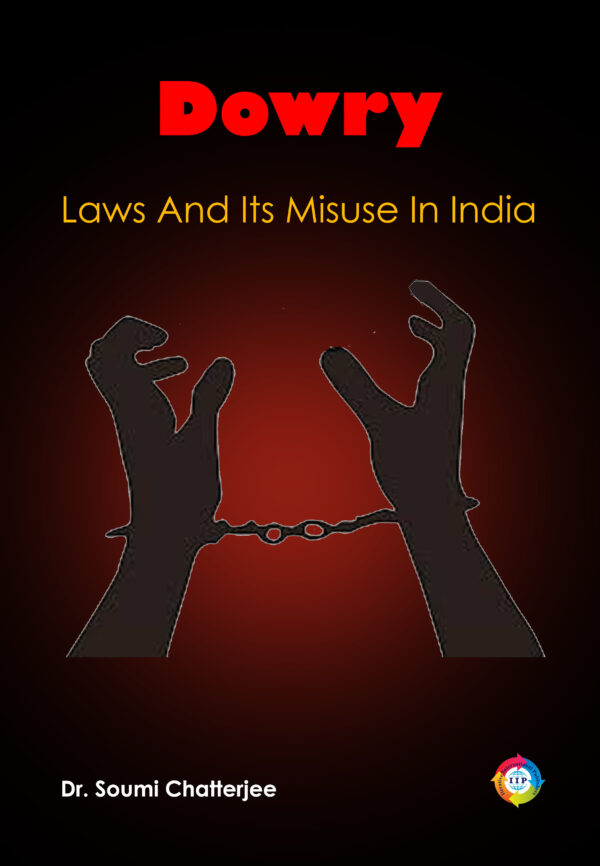
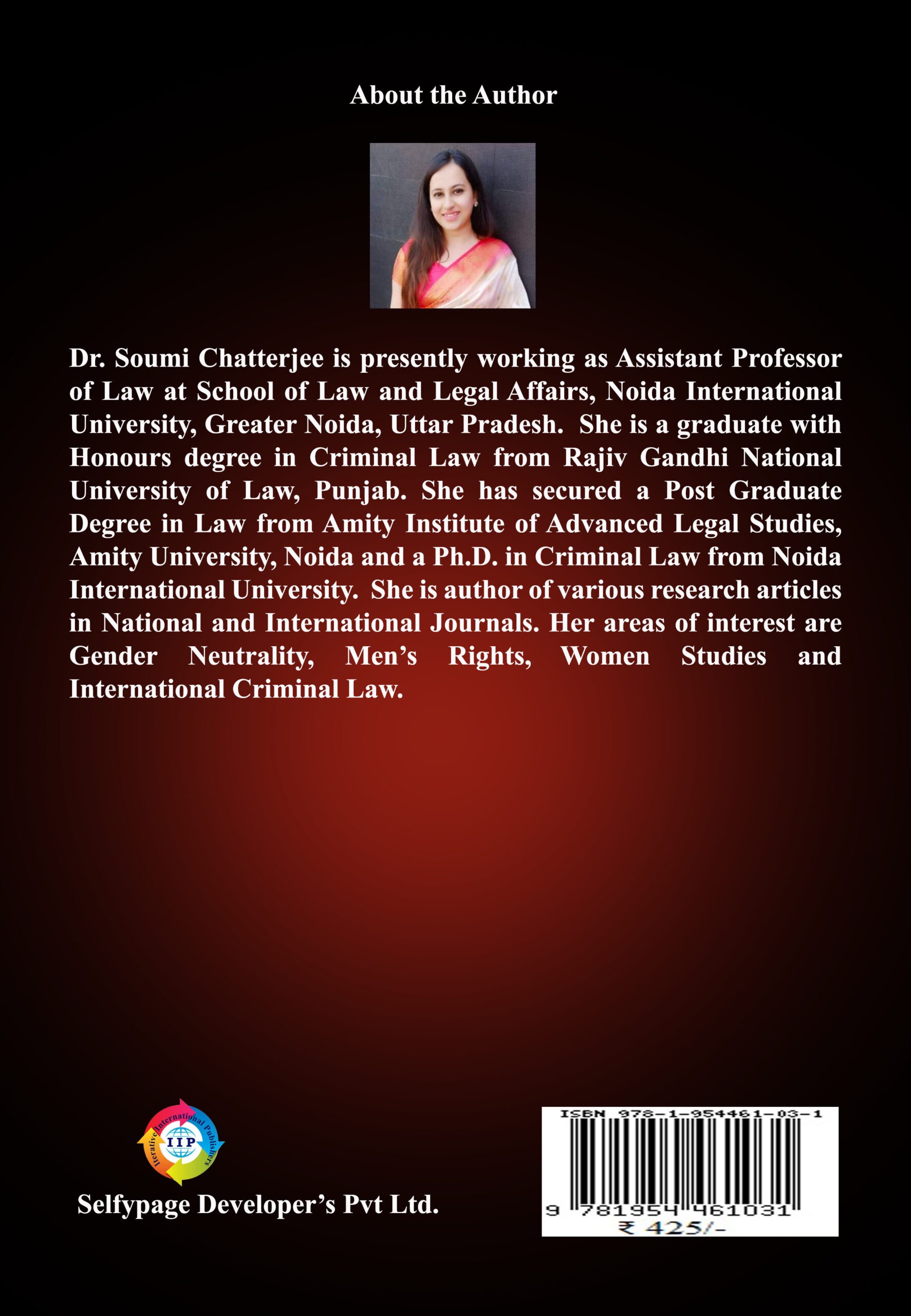
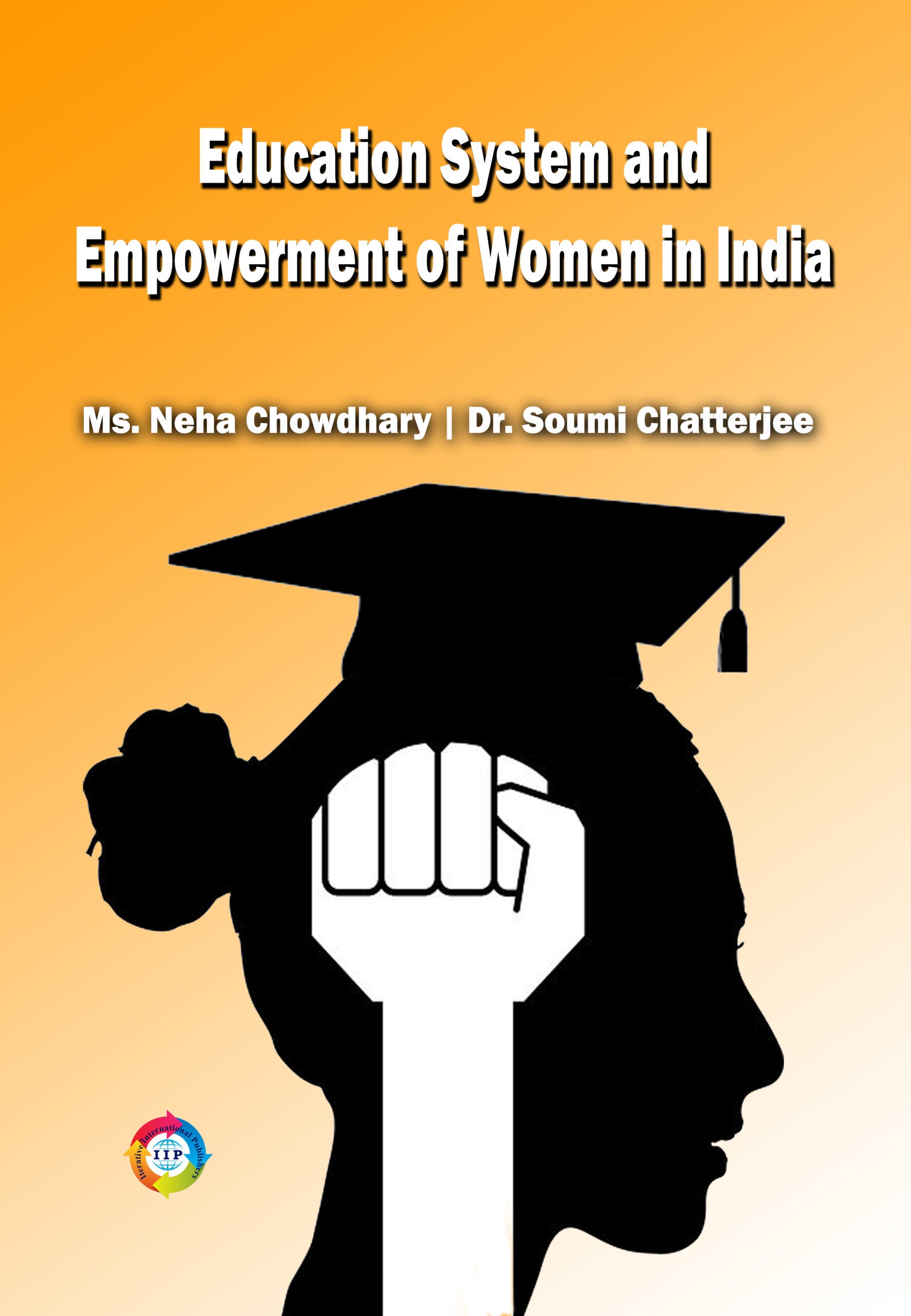
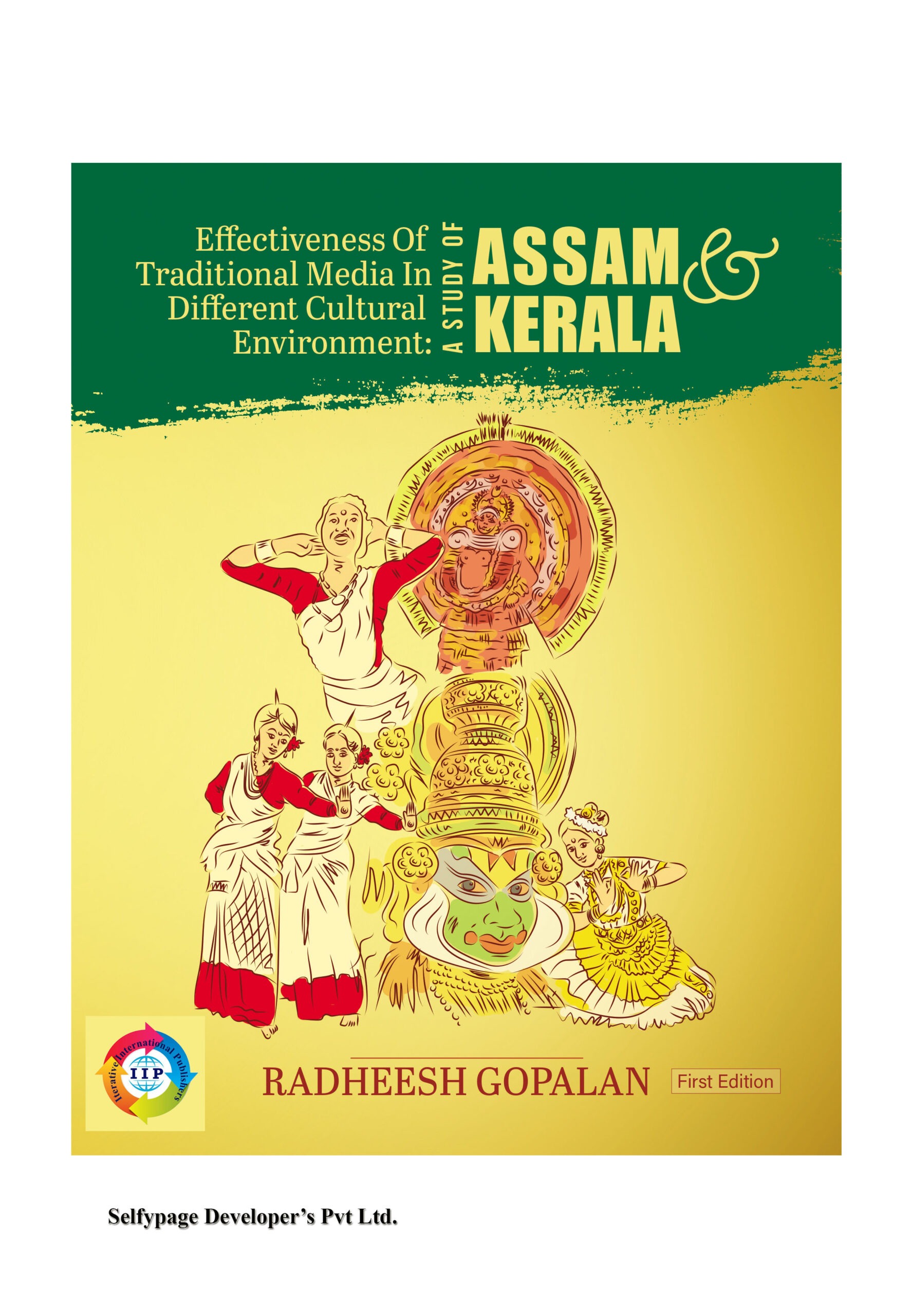
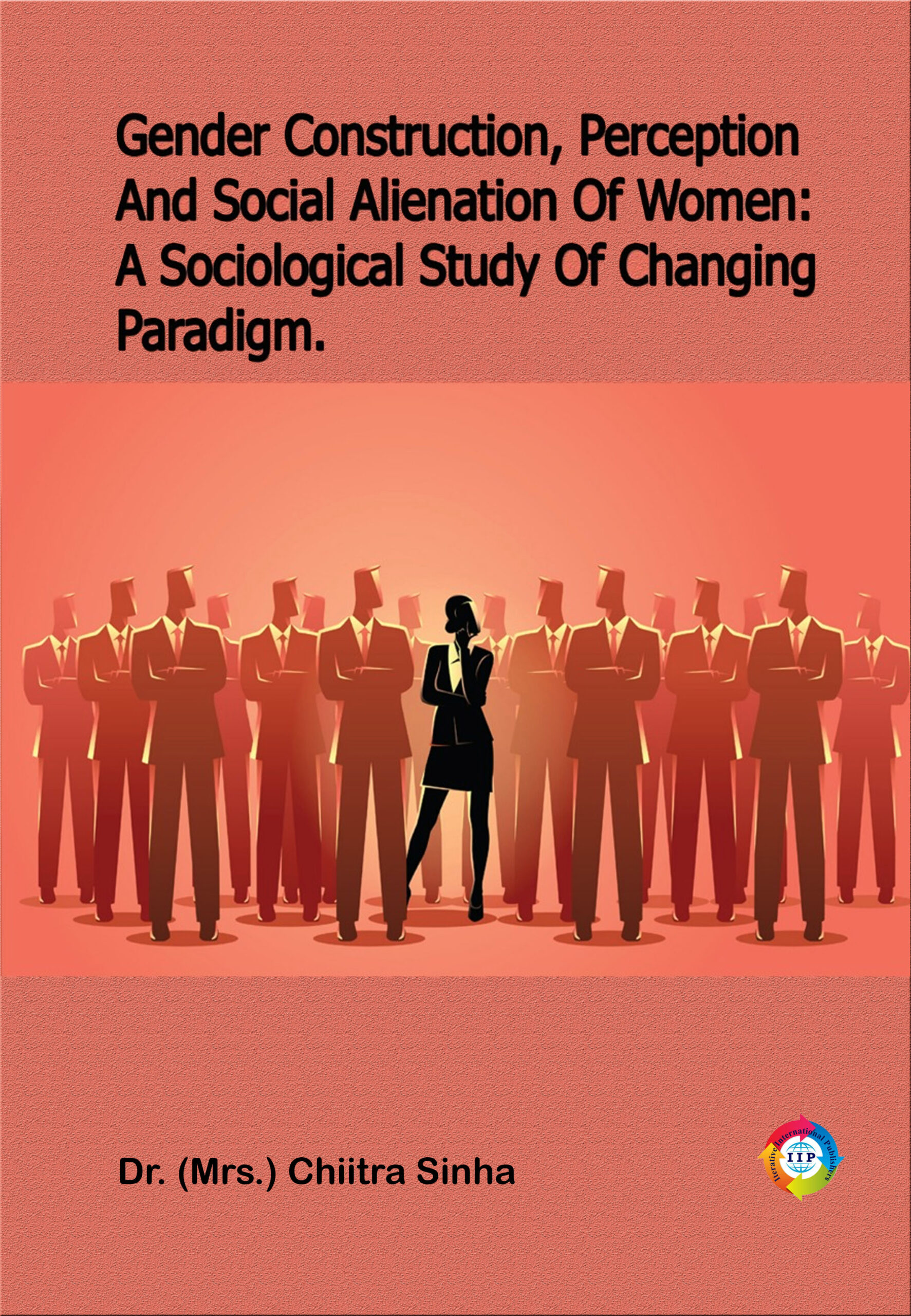
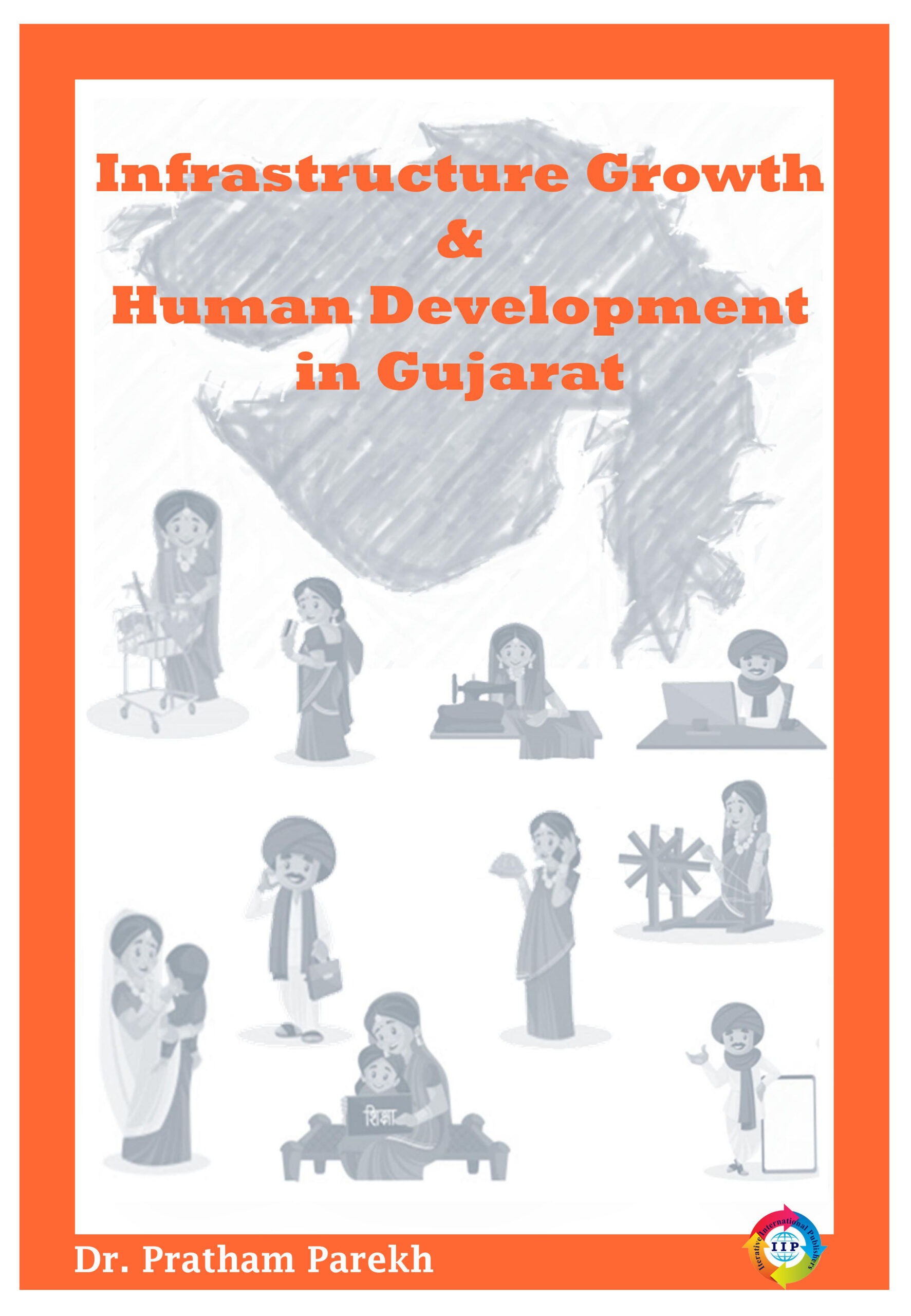
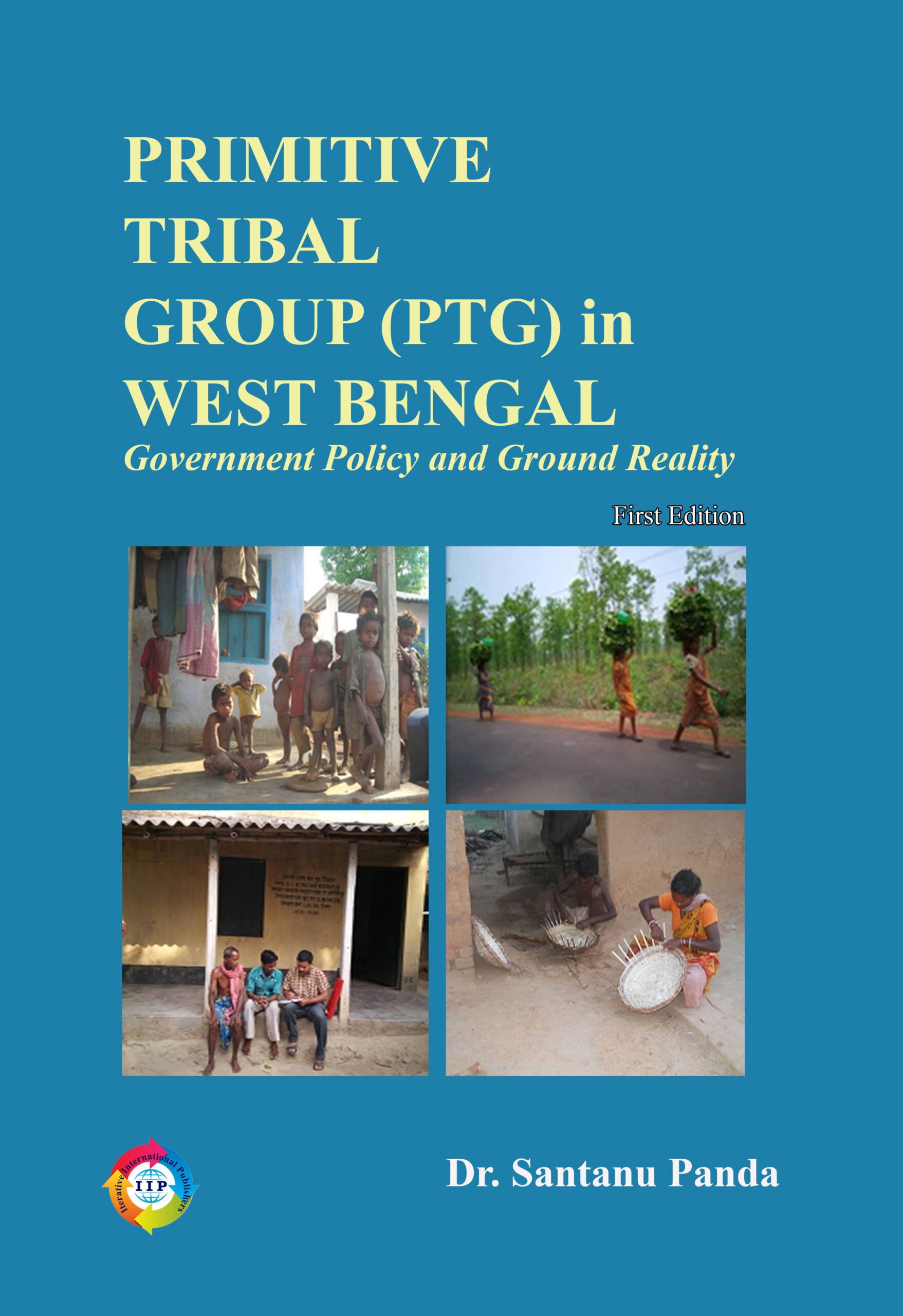
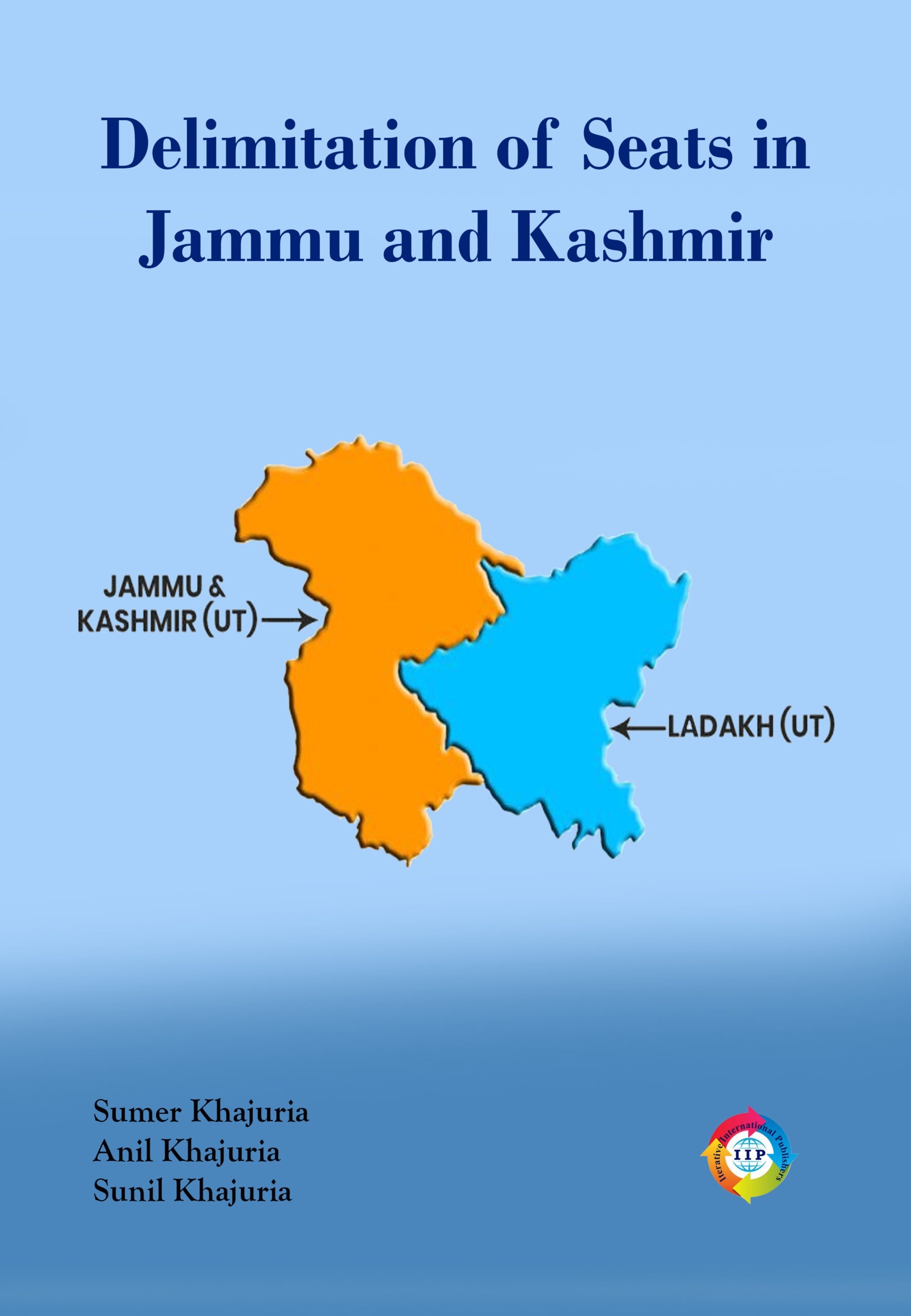

Reviews
There are no reviews yet.